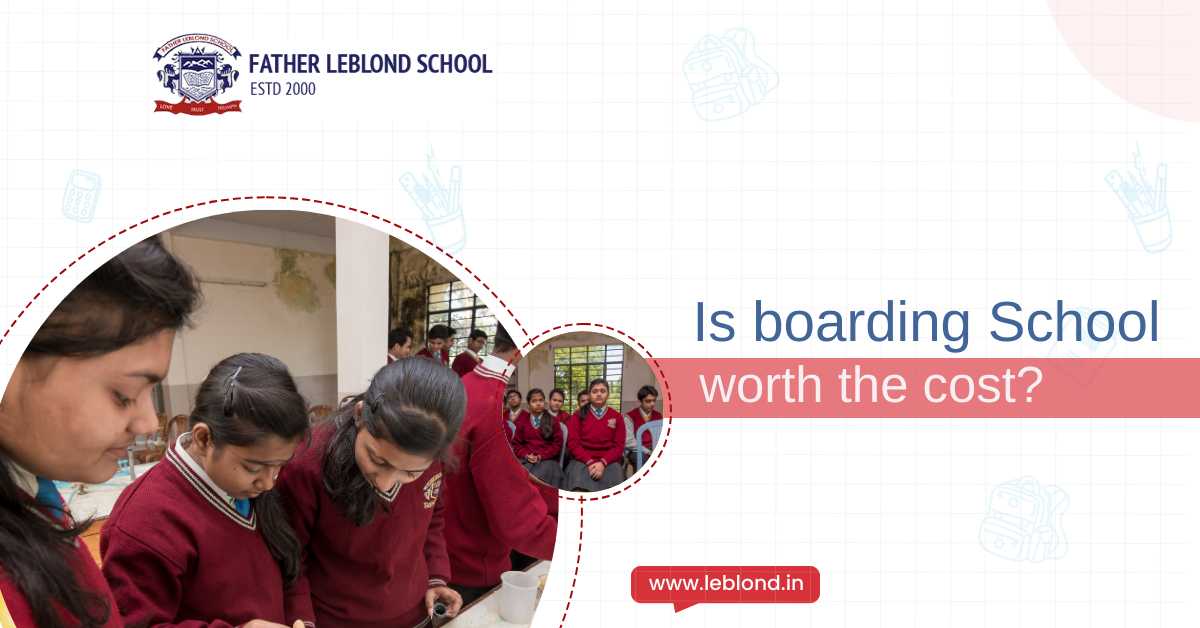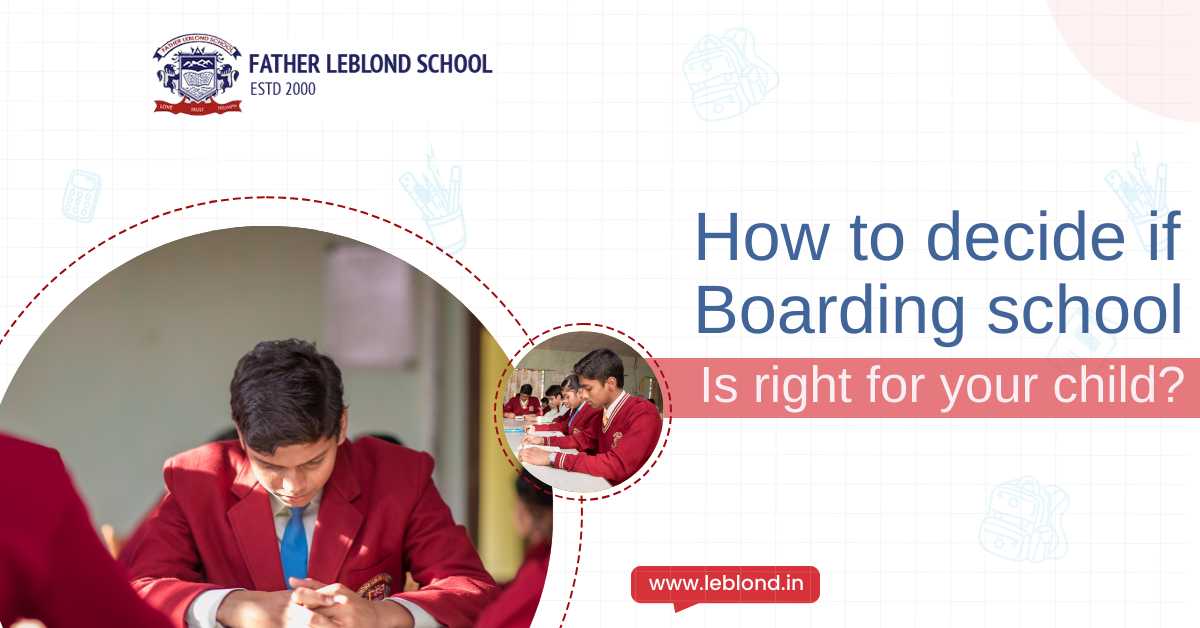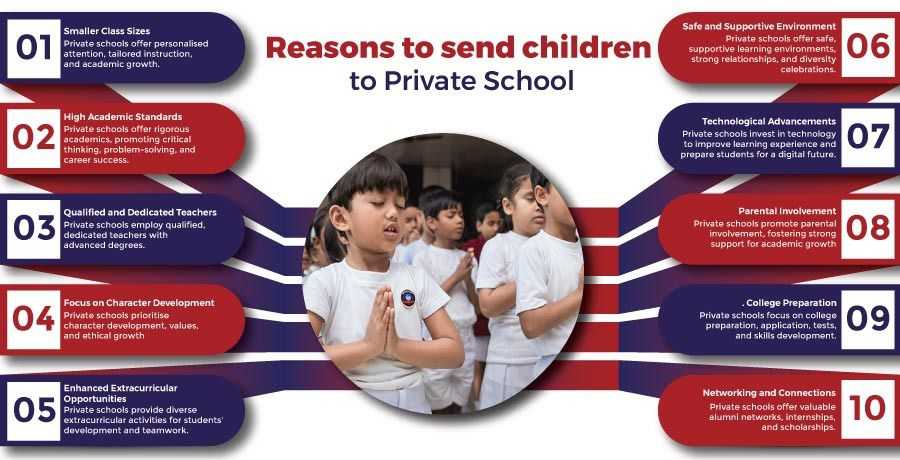Making the best educational choice for your child is a crucial choice that will affect their future. Private schoolsoffer a unique educational experience that goes beyond academics. Here, We will explore ten compelling reasons why sending your child to a private school can provide them with a solid foundation for success.
Key Highlights
● Smaller class sizes for personalized attention and tailored instruction
● High academic standards promoting critical thinking and problem-solving skills
● Qualified and dedicated teachers with specialized expertise
● Emphasis on character development and instilling moral values
● Diverse extracurricular opportunities for talent exploration and skill development
● Safe and supportive learning environment fostering emotional well-being
● Technological advancements for enhanced learning experiences
● Active parental involvement and open communication
● Focus on college preparation and guidance for higher education
● Access to networking opportunities and alumni connections in various industries
Reasons to send children to Private Schools
Smaller Class Sizes:
Private schools typically have smaller class sizes, allowing for personalised attention and individualized instruction. This facilitates a more focused learning environment and enables teachers to tailor their teaching methods to meet each student's needs, fostering academic growth.
Pro Tip: Actively communicate with school teachers to monitor your child's progress, identify strengths and weaknesses, and provide targeted interventions for academic success.
High Academic Standards:
Private schools often have rigorous academic standards, ensuring that students receive a challenging and comprehensive education. Private education is designed to promote critical thinking, problem-solving skills, and a love for learning, preparing students for higher education and future career success.
Pro Tip: Foster intellectual growth by creating a stimulating home environment, fostering a culture of reading, and exposing them to diverse learning experiences.
Qualified and Dedicated Teachers:
Private schools are known for employing highly qualified and dedicated teachers passionate about their subjects and committed to student success. These educators often have advanced degrees and specialized expertise, providing students with a high-quality learning experience.
Pro Tip: Foster open communication with teachers in private schools by attending parent-teacher meetings, participating in school events, and maintaining regular communication. This partnership supports your child's education and ensures a positive learning experience.
Focus on Character Development:
Private schools place great emphasis on character development and instilling values such as integrity, responsibility, and respect. They foster an environment that encourages moral and ethical growth, helping students become well-rounded individuals who contribute positively to society.
Pro Tip:Encourage open discussions about integrity, responsibility, and respect in your child's home, leading by example.
Enhanced Extracurricular Opportunities:
Sports, the arts, music, drama, and clubs are just a few of the extracurricular activities available at private schools.These opportunities allow students to explore their interests, develop their talents, and cultivate teamwork, leadership, and time management skills outside the classroom. Know why co-curricular activities are important for children.
Pro Tip: Encourage your child to participate in extracurricular activities, explore interests, and support their involvement in sports, art clubs, music groups, or drama productions.
Safe and Supportive Environment:
Private schools often provide a safe and supportive learning environment. With smaller student populations, it is easier for teachers and staff to build strong relationships with students, fostering a sense of belonging and emotional well-being. Private educational schools also prioritize creating a respectful and inclusive atmosphere that celebrates diversity.
Pro Tip:Engage with teachers and staff in private schools to create a safe, supportive learning environment.
Technological Advancements:
Private schools often invest in the latest technologies and resources to enhance the learning experience. They may provide state-of-the-art facilities, computer labs, and access to educational tools that prepare students for the digital age and equip them with valuable skills for the future. Know how technology benefits students.
Pro Tip: Encourage your child to utilize private school technology and resources for digital learning.
Parental Involvement:
Private schools actively encourage parental involvement in their child's education. They often provide opportunities for parents to participate in school activities, volunteer, and engage in open communication with teachers and administrators. This partnership between parents and the school fosters a strong support system for the child's academic and personal growth.
Pro Tip:Actively involve yourself in your child's education by participating in activities, attending parent-teacher meetings, and volunteering.
College Preparation:
Private schools typically have a strong focus on college preparation. They provide guidance and resources to help students navigate the college application process, prepare for standardized tests, and develop the necessary skills and knowledge to excel in higher education.
Networking and Connections:
Best Private schoolsoften have extensive alumni networks and connections in various industries. These connections can provide students with valuable networking opportunities and mentorship, opening doors to internships, scholarships, and future career prospects.
Pro Tip:Attend events, join associations, and explore internships or scholarships for future career opportunities.
Key Takeaways
● Private schools offer a range of benefits, including smaller class sizes, high academic standards, and dedicated teachers.
● Character development and instilling moral values are emphasized in private schools.
● Private schools provide diverse extracurricular opportunities for talent exploration and skill development.
● A safe and supportive learning environment is a priority in private schools.
● Private schools invest in technological advancements to enhance the learning experience.
● Parental involvement and open communication are encouraged in private schools.
● Private schools focus on college preparation and provide guidance for higher education.
● Networking opportunities and alumni connections can benefit students in private schools.
● Private schools offer a well-rounded education that goes beyond academics.
Sending your child to a private school offers numerous advantages, including smaller class sizes, high academic standards, dedicated teachers, character development, and a supportive environment. The array of extracurricular activities, technological advancements, and college preparation programs further contribute to a well-rounded education. Consider these ten reasons when making an informed decision about your child's education and future success.
FAQs
Why should children go to private schools?
Private schools offer enhanced academic opportunities, specialized programs, and extracurricular activities. They have high-quality teachers and focus on character development, creating a nurturing environment for children's academic and personal growth.
What age is best for a private school?
The best age for private school varies depending on the specific needs and preferences of the child and family. Private schools generally accept students from preschool or kindergarten through high school, offering education at various grade levels. Families may consider private school at any age when they believe it aligns with their educational goals and values.
What are your reasons for choosing the school?
Some common reasons for choosing a school include its academic reputation, curriculum, extracurricular offerings, class size, location, values alignment, diversity, facilities, and the overall learning environment. Each family may have different priorities and considerations when selecting a school for their child.






